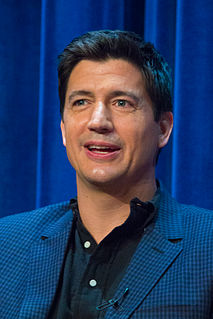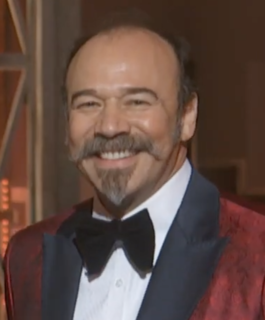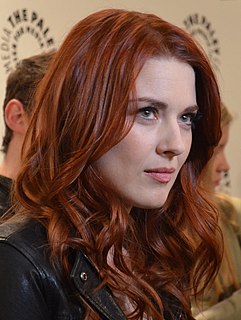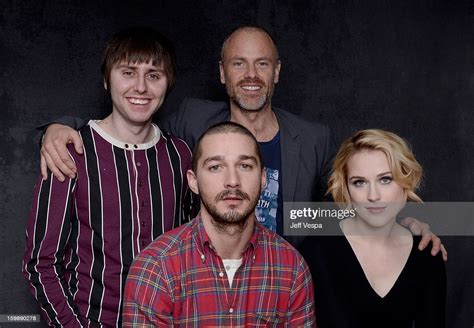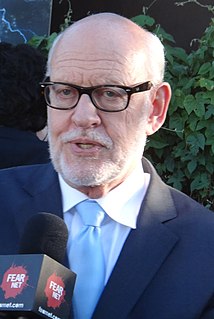A Quote by Drew Goddard
I feel that in horror movies, especially, if you don't care about the characters, you've lost the audience. No one cares, and it becomes a process of watching people get killed.
Related Quotes
I love horror comedies, and I love horror movies. In particular, I love horror movies from the '80s that have practical monsters in them. They're not just slasher movies with people going to kill people in people's houses. I do like these ridiculous monster movies. They're scary, but they're absurd. I had a lot of fun in my 20's, watching a lot of these movies late at night.
When you create those characters that people love and care about and put them in a dark hallway, already the audience is on edge, and they feel empathy for that character. Then it's up to me to decide what jumps out in that hallway. So I think laying that foundation of strong characters and strong story is the most important thing in a horror film.
Danny Boyle has been a huge, has had a huge effect on me. His movies, early movies like Trainspotting and those movies. So I've always loved the energies of those movies. But also, that they are very focused on the characters. Cause it's not only gimmickery, it's not only about visuals. You feel a real need, a love for the main characters. So that's what I've always loved about watching movies myself.
I never wanted there to be any moment in my movies when something would happen and the audience would cheer, like sometimes that happens in certain types of horror movies. I was never a fan of that, I wasn't looking for 'inventive' kills and I even hate that word because it's like, if you have these characters screaming or crying in pain I don't think anyone should be jumping out of their seat cheering. It should be horrible and you should feel sick watching it because that's what it is, sick.
The biggest moments of insecurity come when all self-confidence is lost and you feel like people are watching and judging. It should be the opposite. You should feel like the people who are watching care about you. This is something we can try to give each other – the feeling that eyes signal support, not disdain.
If I can get the audience to connect with the characters emotionally - and they love who they are, they love the larger-than-life situation that they're in, but most of all get the audience invested in the characters - then I always feel like I can sort of put them in the most outrageous circumstances, and the audience is okay to go with that.

